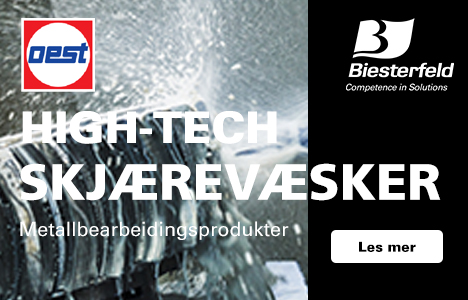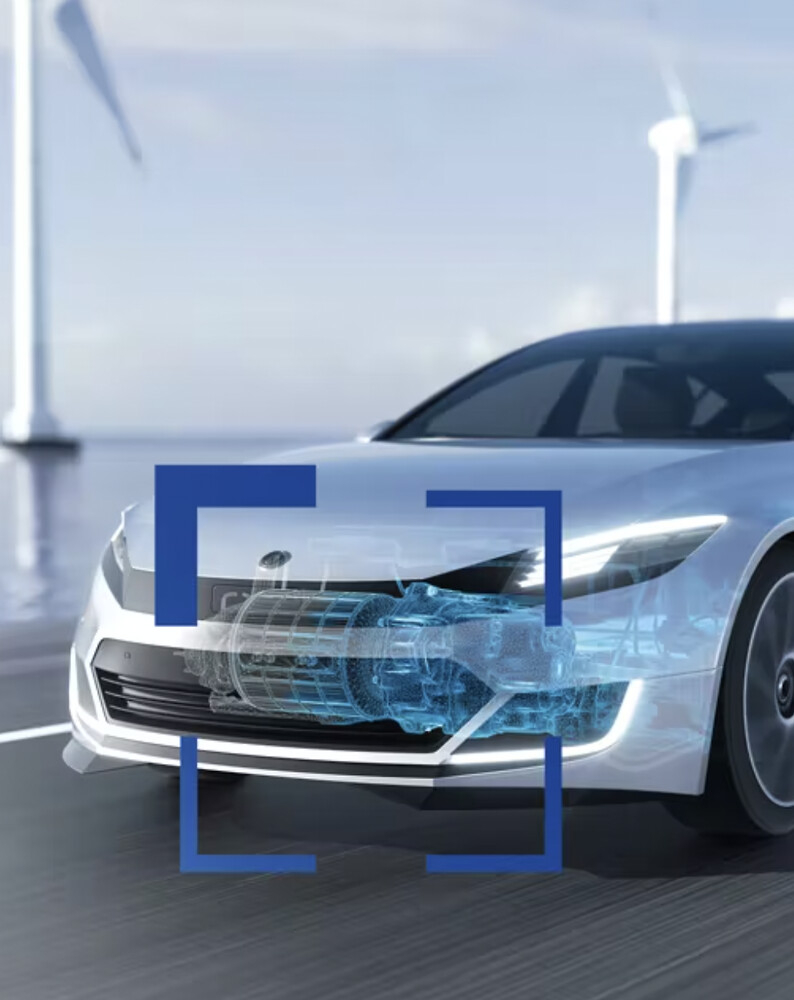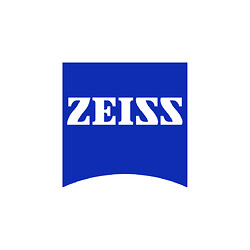E-Mobility: Holistic quality inspection solutions
Is quality assurance of critical electric vehicle components also a growing challenge for you? To meet safety requirements and ensure quality, you can access ZEISS expertise for every phase of the production process.
The world is rapidly accelerating development and release of new energy vehicles (NEVs). Since the construction of electric powertrains differs significantly from those of combustion engine vehicles, manufacturers and suppliers of the industry need to reinvent themselves to adapt the production and assembly of critical electric vehicle components. A major challenge in quality assurance in the new energy business is the need to meet the increased demand for precision – in other words: metrology is changing too.
ZEISS eMobility Solutions enables you to adopt to this change by providing multiple advanced technologies for quality assurance to ensure the reliability, efficiency and safety of your NEVs.
Five Core Components of eMobility - A solution for every application
Battery
Batteries play an important role in the performance, range and longevity of an electric car. Safety, service
life, performance and cost are essential to ensuring the success of battery technologies. These factors need to be addressed every step of the way, from R&D to quality control and production. It’s necessary to control and understand the properties of the battery down to the material, electrodes, cells, modules and tray level.
Electric Motor
Electric motors are true powerhouses – compact and light, but still capable of high speeds and enormous torques, even at slow speeds. All components need to fi t together precisely for these motors to generate so much power with such little wear. One challenge posed by the latest generation of motors involves the precise production and assembly of the hairpins and stator, as well as the manufacture of the stacks in the stator and rotor.
Power Electronics
Electric motors are true powerhouses – compact and light, but still capable of high speeds and enormous torques, even at slow speeds. One challenge posed by the latest generation of motors involves the precise production and assembly of the hairpins and stator, as well as the manufacture of the stacks in the stator and rotor. ZEISS produces tactile and optical measuring devices to cover every aspect of the quality management process, and even helps electric motor manufacturers set up their inspection chains.
Fuel cell system
In a FCEV, the fuel cell system provides all of the energy needed to power the electric motor. In the fuel cell stack many individual cells are arranged in series and connected. The process to construct the fuel cell system requires the highest quality standards in production and development of each individual component.
Transmission
Electric vehicles have very different powertrains – with either a single-speed or two-speed transmission instead of up to nine gears found in combustion engines. The engine and transmission share a housing – reducing the number of components and weight, but not the quality requirements. A number of measuring and inspection steps are needed to ensure top performance, low wear and tear, and quiet operation.
Get more Insights into eMobility Solutions – watch the video to the right.
Do you need more information about ZEISS eMobility Solutions? Download our brochure – fill out the form here.







